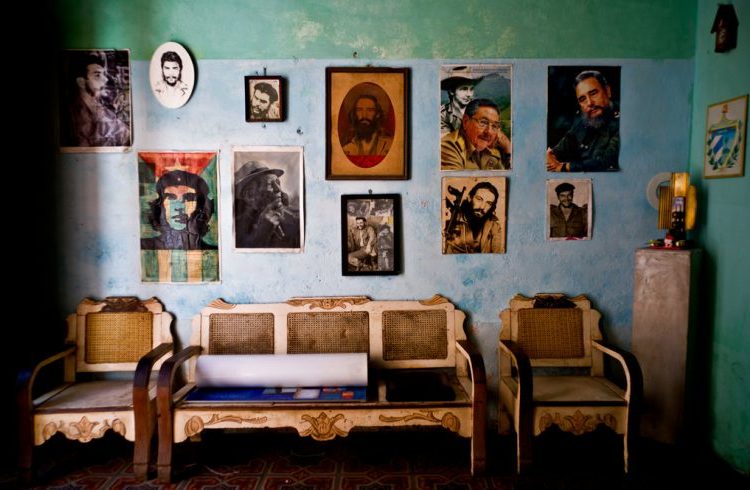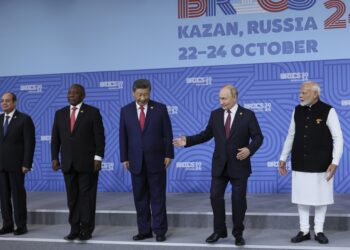It is difficult to foresee the sign of upcoming times for Cuba. The majority of the stories circulating about the recent “change of power” on the island do not see a factor of radical change in the brand-new government, with a new legislature of the National Assembly and a new Head of State.
Now the face of power is that of an engineer born in 1960, who was not in the Sierra Maestra but who accumulates a sustained experience at all levels of political activity in Cuba. That, per se, is a great novelty. But perhaps it is not sufficient.
Miguel Díaz-Canel inherits as Head of State a Cuba with dual currencies, blockaded by the United States which has cooled its relations with the island, a country with a depressed economy. A country that, in addition, is rapidly aging and continues marked by a strong tendency toward emigration. Will the process of reforms be speeded up? When and how will the Constitution be modified? What is the style of the wished-for leadership? Will the forms of making politics in Cuba change?
In a context of so many questions, OnCuba has asked a group of Cubans for their opinion, based on three questions:
- What is the most notable difference you see in this transition?
- What is the most urgent for the new president?
- What does he have to maintain at all costs?
Silvio Rodríguez
Poet and singer-songwriter
The difference: That he isn’t one of the founders of the Revolution.
The urgency: Connecting with the people.
To maintain: Our anti-imperialist sovereignty.

María Mederos
Professor
The difference: The experiences of action of the historical ones when they changed the country and the only bureaucratic and political experiences of who succeeds them.
The urgency: To boost the development of the productive forces and the means of production. But not out of step with the social.
To maintain: The sense of identity we Cubans have, which should be recognized by destigmatizing we Cubans who live abroad.
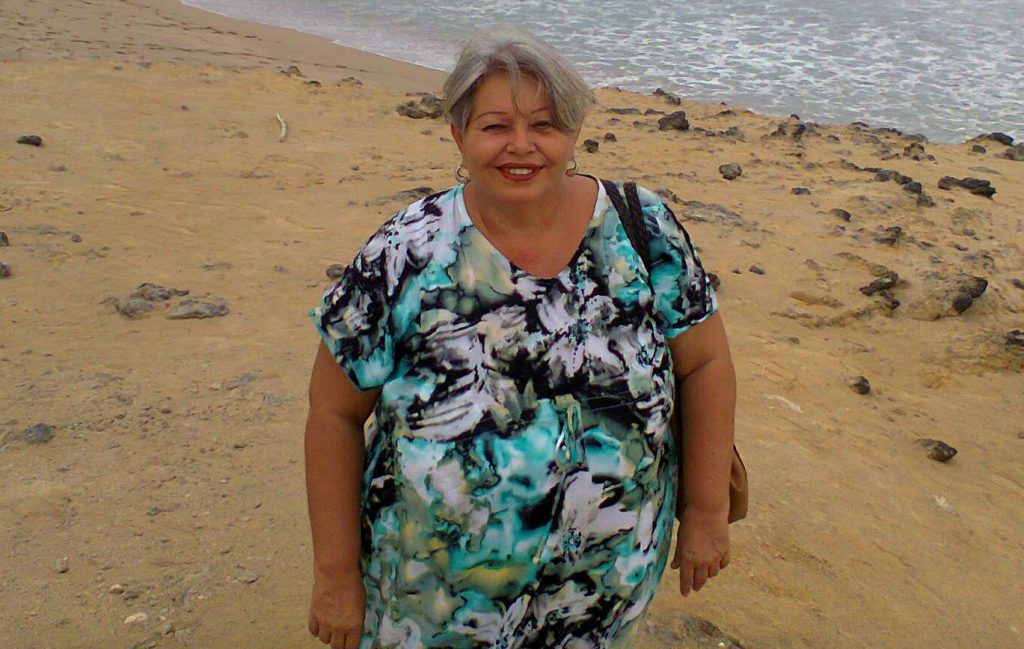
Vanessa Batista
Cuban filmmaker
The difference: I haven’t been in Cuba permanently in recent times.
The urgency: Place the economy on a good course, carry out a series of reforms that allow a real and palpable growth in society. At the same time, to win the trust of the people and of the powers that will have to back him in very important decisions he will have to make.
To maintain: “Free” education and public health.
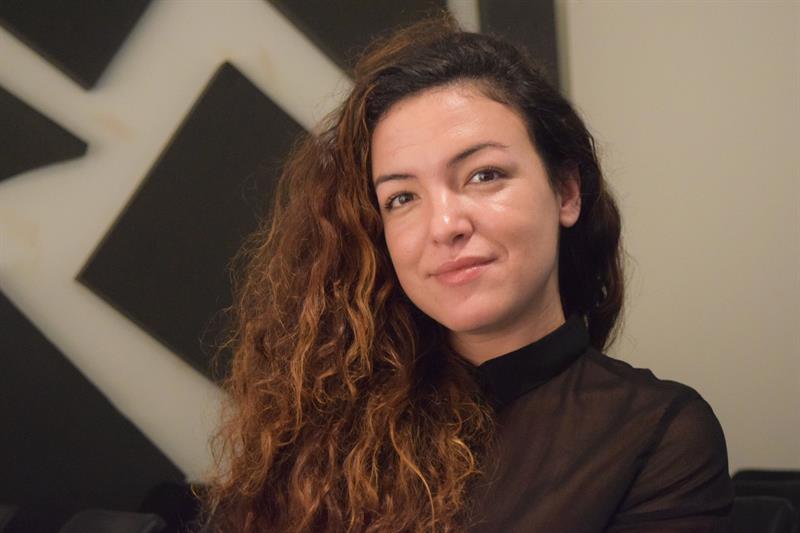
Gustavo Arcos
Film critic and professor
The difference: I don’t see a transition. It is a change of name, of figure and of generation, not motivated by an awareness that there has to be a real change but rather due to the biological imperative: The same power structures are maintained. The new executive is, like the previous one, judge and part in the process.
The urgency: I haven’t the slightest idea. I suppose he will have to deal with the internal problems of his own cabinet, made up by persons with different criteria of how to lead the country. More conservative people or with a greater propensity for changes.
To maintain: I couldn’t say what he must maintain, since I’m not clear about what is his intention. We still haven’t heard which are his priorities, we don’t know what his cabinet will be and what area he will have to pay greater attention to, I suppose he will try to conserve the social assistance program and cultural development generated by the Revolution, however, everything goes through the economy and ours has never picked up.
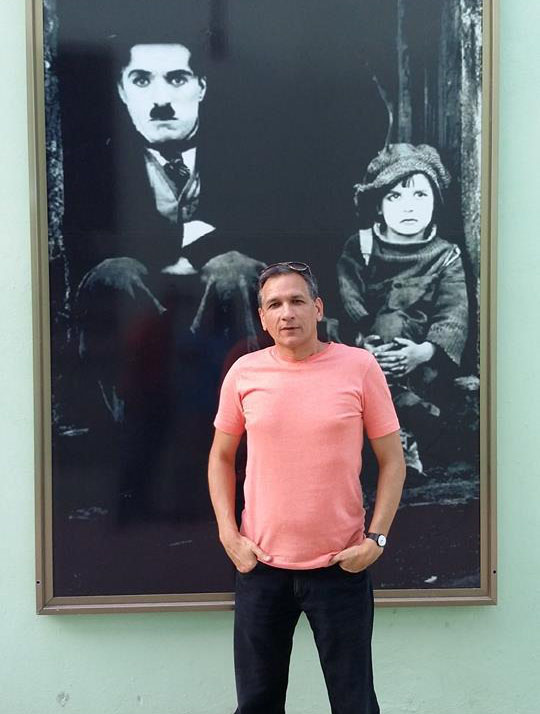
Harold Cárdenas
Blogger and analyst
The difference: That it’s a new generation with the need to find other sources of legitimacy.
The urgency: To guarantee the continuity of the Revolution and a successful generational change in the next three years.
To maintain: …and develop Cuba’s social achievements. But the policies of the new president and his (probable) success in this will be marked by the need to not undermine the previous generation. The supposition that praise for or the success of new generations means a veiled criticism of the historic generation has the potential to do a lot of damage in the future.

Ivan Giroud
President of the Havana Film Festival
The difference: I don’t believe it is a transition. A continuity is stated.
The urgency: The definition of a style by the new president. His style.
To maintain: What he has to defend at all costs is the coherence.

Pável Vidal
Economist
The difference: A new generation of politicians, who didn’t participate in the revolutionary struggle of the 1950s and that in many cases are unknown to a great deal of the population will be heading the Council of State and the Council of Ministers. Since they have been in the shadow of the historic politicians, we don’t know very well how they really think and what a new Cuba they would like to boost, but we expect they will make decisions that don’t repeat the mistakes of the past.
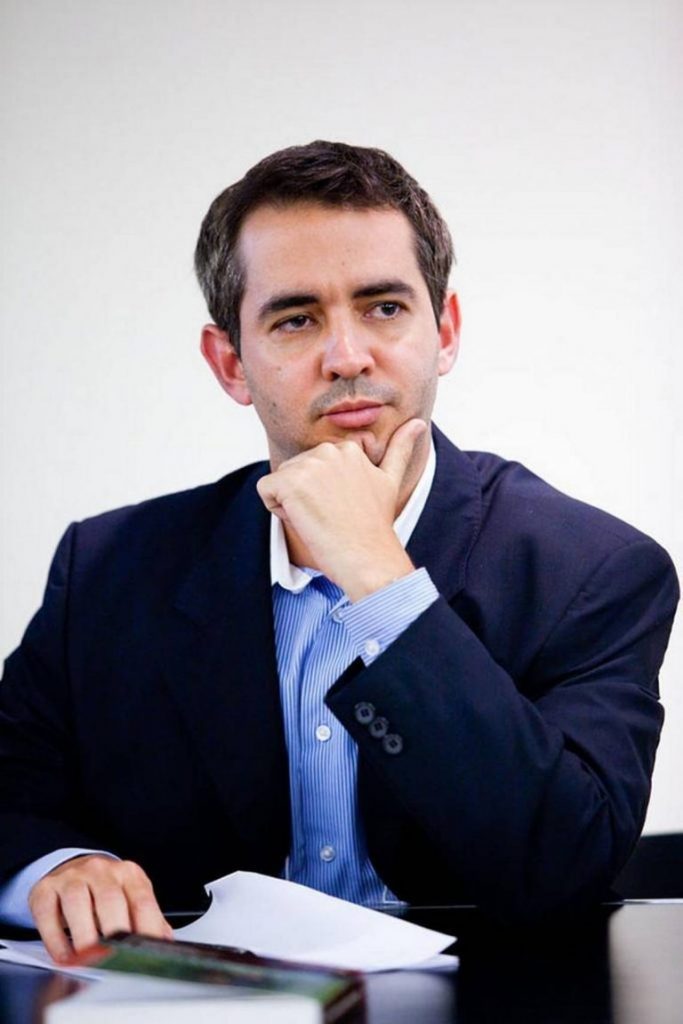
The urgency: Only 20 percent of the reforms presented by Raúl Castro have been applied. The easiest change to put into practice is the opening to foreign investment, something that has already been happening. Then there are a greater liberalization of the private sector, allowing professionals to create small and medium enterprises, or promoting a greater investment in Cuba by Cubans residing abroad.
To maintain: The promotion of national and foreign investments to be able to stop the undercapitalization of the economy.
Juan Manuel Álvarez Tur
Professor at the University of Computer Sciences
The difference: For the time being it’s too soon to give an opinion in that sense.
The urgency: To make tangible the real possibility of advancing in the economic order. This will need a decisive advance in: 1) eliminating the dual currency and exchange rate; 2) the wage reform in the budgeted sector of the economy; and 3) establishing – as law as well as in social practice – a definitive and rational focus in relation to the role of private ownership in the country.
To maintain: An assertion that the disciple of an intellectual that we greatly need, like Fernando Martínez Heredia, recalled: socialism – if socialism it must be – cares about the color of the cat, not only that it catches mice.
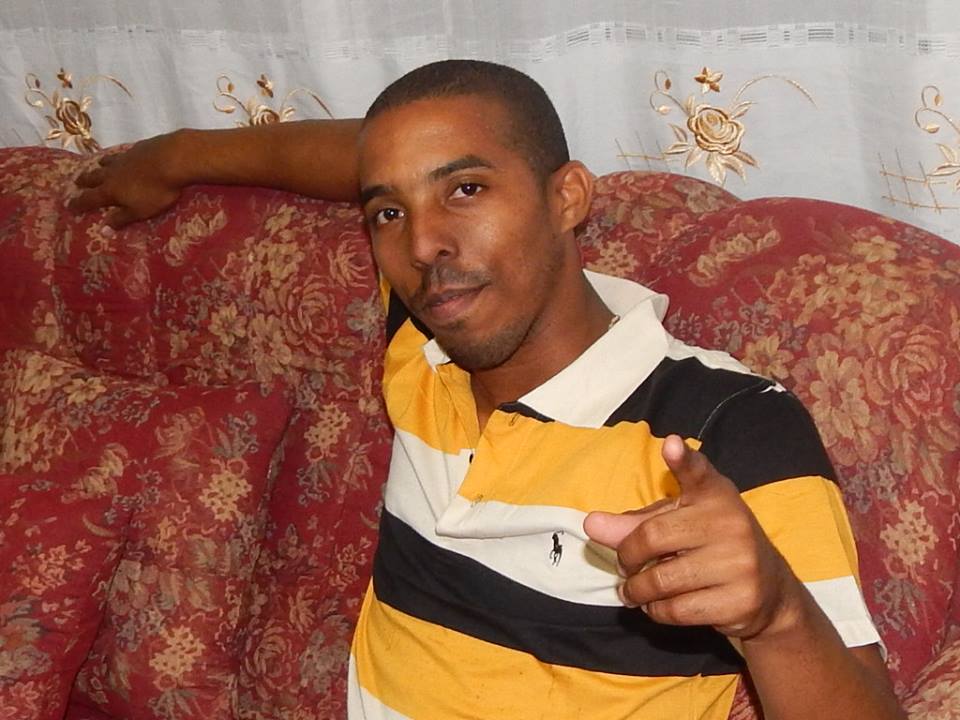
Arturo López-Levy
Analyst and Professor of the University of Texas
The difference: The charismatic legitimacy associated to Fidel Castro as historic leader. Between 2008 and 2011, the mere presence of Fidel backed the ascent to the presidency of Raúl Castro, and with his taking sides under the temperature of any friction regarding the demotion of Carlos Lage and Felipe Pérez. In the international sphere, he continued representing an attraction for the visit and interaction with Cuba of heads of state, intellectuals, political leaders and artists. Neither Raúl as a retired patriarch nor Díaz-Canel as president can’t fill those shoes. Today the political system requires new zones of legitimacy.

The urgency: To implement the reforms that were already approved and processed as necessary in the 6th and 7th Congresses of the PCC. The monetary unification, the creation of an adequate framework of relations between the state and the non-state sector, and economic and political decentralization
To maintain: Sovereignty, as an optimum paradigm to freely debate in the national community and reach other ideals, like economic development, a state of well-being and the increasing democratization of the country. Sovereignty supposes that the people decide the course and government with a majority criterion, free of foreign interferences and impositions, but with respect for the loyal minorities that have a right to compete because of being a majority. The other is to use patriotism as a last resort of the cunning to silence the dissent.
See all of OnCuba’s coverage on the subject:

